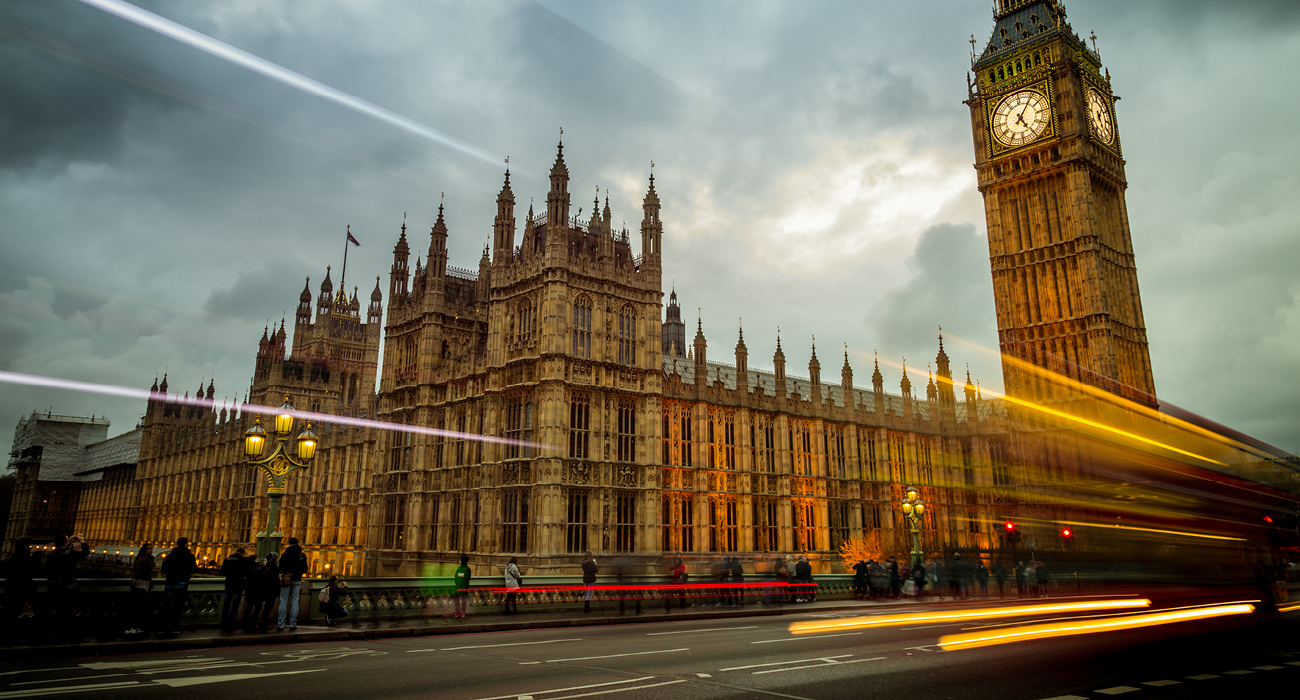What are the key reasons for businesses to prioritise decarbonisation?
The lead driver is often to meet corporate environmental, social and governance (ESG) commitments. But many more businesses are also looking decarbonise as a route to cut costs.
How does the UK rank compared to other countries?
British businesses should be very proud of themselves, as the UK is the global leader in adopting science-based targets, with record numbers of companies committing to reducing emissions in line with 2050 net zero targets. The number signing up more than doubled between 2022 and 2023. So, there’s huge momentum and appetite to maximise the opportunity to decarbonise.
What are the main routes available to businesses to decarbonise?
We see our members in the energy sector offering a wide range of support to businesses – and this broadly falls into four main areas:
- reducing consumption via investing in energy efficient equipment and building and improving energy management
- switching to low-carbon fuels, e.g. moving from gas to electricity
- optimising energy purchasing and using energy more flexibly at different times of the day when prices are lower
- securing more renewable energy
What common mistakes do businesses make?
Skipping the less glamorous but critical starting point of minimising energy use through efficiencies in favour of jumping ahead to the final piece of the jigsaw – investing in renewable supply or simply offsetting emissions. Minimising consumption first means you then only need to secure the renewable supply you actually need. There are more exciting technologies emerging all the time to support energy efficiency, so it’s worth reviewing how you use energy on a regular basis.
What sort of progress are businesses making with reducing energy use?
Research by Made UK for their Manufacturing Monitor found that almost half of businesses have adjusted their business practices to reduce energy consumption in response to higher prices. But the Federation of Small Business found that 33% of small businesses are yet to take steps to do the same, with lack of capital and uncertainty on return on investment as key reasons. So, there is still a huge amount of potential for businesses of all sizes to do more.
Are there any opportunities in particular should businesses watch out for?
Opportunities for being flexible around energy use are growing – and the flexibility market is less static than many businesses think. For example, National Grid’s Demand Flexibility Service is being made more mainstream, and local distribution network operators (DNOs) are also starting to offer local opportunities. I therefore recommend getting a third-party to regularly review your potential to load-shift and use demand-side response (DSR), especially if you are electrifying certain business processes.
What new trends are you seeing?
The emergence of energy as a service, where companies will install equipment such as a heat pump, solar panels or a low carbon energy network for businesses that cannot afford the capital outlay, and then charge a fee. We are really keen to understand more about the barriers to upfront investment and how ongoing costs can be minimised to see how we can make these types of business models work better.
Is there a new decarbonisation technology that’s particularly impressed you?
I’ve recently been impressed by innovations in thermal storage, which has huge potential to both electrify processes requiring high temperatures, and also – because it doesn’t require charging all the time – to actually provide a DSR service itself.
What do you advise companies who want to secure renewable energy externally?
If your site is not suitable for installing traditional renewable assets, then do think differently about other routes. For example, solar carports are becoming more popular. Or investigate any potential to import electricity directly from a neighbouring business or local renewable scheme via a private wire arrangement, which may circumnavigate grid connection issues. There is also huge growth in the Corporate Power Purchase Agreement (CPPA) market, whereby you support investment in new renewable assets via a direct arrangement with a renewable developer.
What policies are you working on to support businesses with net zero?
We are encouraging government to consider strengthening policy to help businesses go faster including providing better access to capital and introducing more support for electrification, making free audits and information widely available, removing duplication of mandatory environmental reporting requirements, and providing clarity on future regulation – for example, the Future Building Standard. We are also keen to understand the challenges businesses are facing when it comes to decarbonisation.
We asked businesses attending our recent nBS Energy Insight webinar what policy changes would support them most to get to net zero. Rebalancing of electricity and gas prices was the top choice (20%). Better access to capital and free audits and more information came joint second (17% each). Clear effective regulation was also popular (13%).
To better understand how businesses are approaching decarbonisation, please answer our poll.

/npm214%20Digital_H_UB143.jpg)
/npm214%20Digital_H_UB145.jpg)

/npm214%20Digital_H_UB88.jpg)

/npm214%20Digital_H_UB17.jpg)
/npm214%20Digital_H_UB108.jpg)


/Author%20Profile%20Cary_Rachel_G.png)
